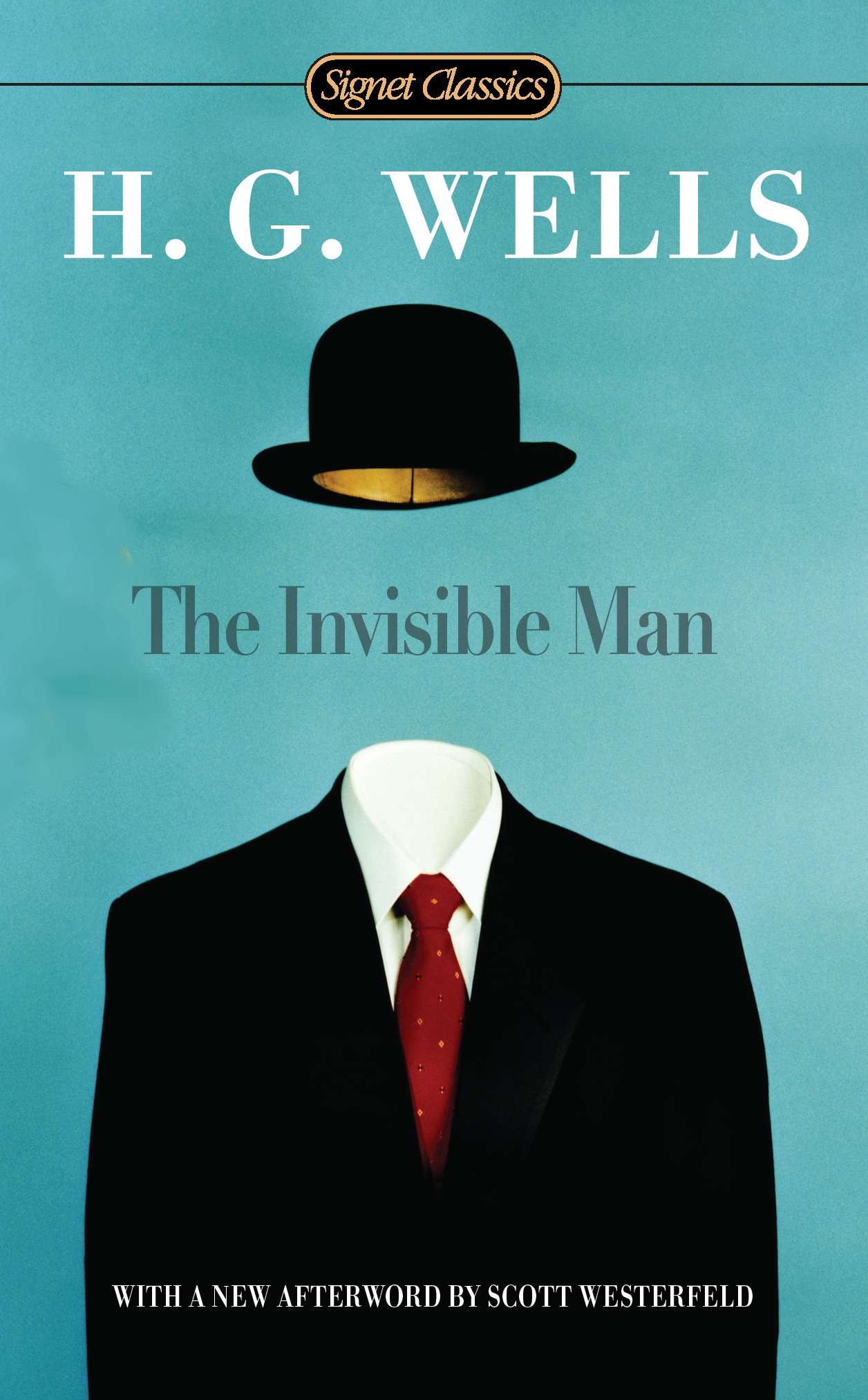
Earlier last month, a North Carolina school board banned Ralph Ellison’s “Invisible Man” from school libraries when a student’s parent complained the book’s language and sexual content was “too much for teenagers.” Eventually, there was enough public outcry to force the school board to swiftly lift the ban a couple weeks later. On one hand, the decision to ban literature could be a protective measure for our nation's youth. But on the other hand, it seems to be a blatant violation of the first amendment, thus oppressing people's right to author and read whatever they see as beneficial. This posits the question: How do we avoid harmful literature without creating a bubble?
CREATING A "PROTECTIVE BUBBLE"
In the past, books such as Mark Twain’s “The Adventures of Huckleberry Finn,” J.D. Salinger’s “Catcher in the Rye” and John Steinbeck’s “Grapes of Wrath” were all banned for reasons identical to “Invisible Man” — language and sexual content. These novels have become prominent fixtures in today’s literary history, despite a hypocritical system’s attempt to remove books from shelves. Although our culture today saturates itself with sex and profanity, some people try to purify literature by challenging and banning books from our school systems. According to content provided by the American Library Association, books are challenged to protect children from difficult ideas and information.
However well-intentioned, this practice places America’s young adults inside a protective bubble. It might be understandable if schools were prohibiting copies of “Fifty Shades of Gray” from their libraries, as the popular novel records graphic sexual content without the slightest intention to provide readers with anything but vulgar entertainment. Yet restricting access in secondary schools to books not falling directly under the label of purely pornographic erotica does a great disservice to our country’s youth and future.
RESTRICTIONS LEADING TO INTELLECTUAL LAZINESS
Many lament that “kids these days” fail to grow up while ignoring how schools and parents coddle kids well into their teens and early adulthood. Restricting reading material is only one way this appears in society. Modern teens and twenty-somethings continuously learn to shirk responsibility and suffer from Peter Pan syndrome more and more, while their parents and elders clean up their literal and figurative messes. If others decide that they should not be allowed to handle “mature” material, they are missing the opportunity to become active, thoughtful adults. The ideas and lessons on the pages of books, both classic and modern, are the best ways for young people to confront concepts that challenge their view and style of life.
We, of course, can easily get trapped in a bubble ourselves. We joke about the Biola Bubble and how we need to get outside of it, which usually means joining a ministry trip to serve in Los Angeles. This is not to say that these experiences are not valuable, but few address the need to look past our Christian worldview and understand other people’s thoughts and ideas. Only then can we properly discern how we should or should not apply them in our lives.
THE NEED FOR HEALTHY DISCERNMENT
Discernment, then, is essential to a healthy life. And at some point, discernment must be cultivated in freedom. Rather than tell young adults what they can and cannot read, it is better to simply explain difficult material and leave the ultimate decision to them. Books are always banned for a reason, but an encounter with the controversial material they contain could be a growing experience for a reader. Certainly, a no-holds barred approach to controversial literature is far from risk-free. We can all agree that there are books out there that no student has any business picking up. But if we can learn to set our own boundaries and exercise our own discernment, we are inevitably better off than if we allow “the system” to dictate what we read. Essentially, we should seek self-imposed restraint exercised in freedom.







